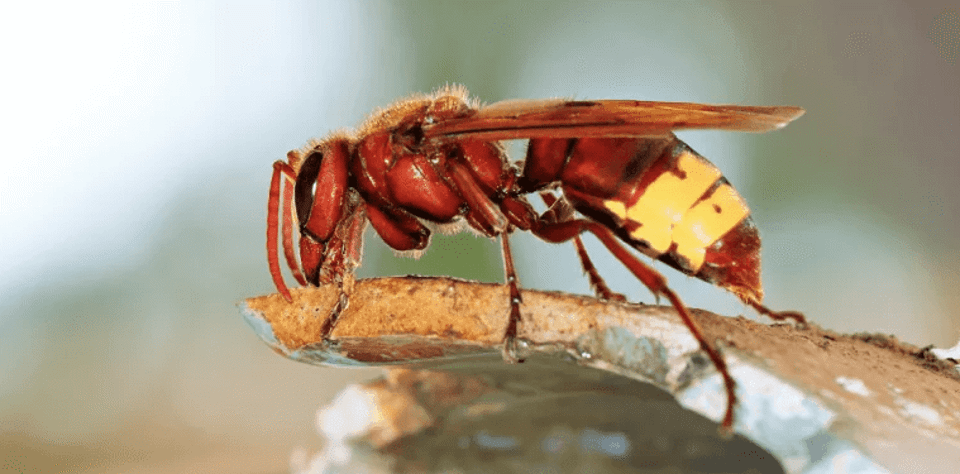Contrary to popular belief, not all pests become less active in the winter. While some move deeper into the ground during the cold season to access warmth to survive, others prefer the comfort of your home and its readily available food. This is especially true in some parts of California like Rocklin, Roseville, Granite Bay, Auburn, Lincoln, and the surrounding communities where rodents, termites, stink bugs, and bed bugs become a more serious concern during the winter months.
What Are The Most Common Winter Pests?
Rodents.
Mice and rats don’t do well in cold weather, prompting them to seek warmth and shelter. These disease-carrying pests are prone to hypothermia even in moderately cold temperatures, so once they find a gap or crevice on your home’s exterior, they won’t have any reason to leave your comfy abode. Meanwhile, rodents’ favorite spots in your home are the attics, between the walls, and basements.
Termites.
These wood-destroying insects remain active all year long. For this reason, you may want to schedule a yearly inspection if your house has a previous history of termite infestation.
Bed bugs.
Although below-freezing temperatures can kill some bugs, these blood-sucking insects enter a hibernation-like state to survive winter, allowing them to stay for months without feeding. Another “bad news” is that they primarily live indoors, so they remain active throughout the year and tend to experience a population boom right after winter.
Ants.
During the winter, their body temperature drops drastically, causing them to enter a hibernation-like state until the warmer season arrives. However, a satellite colony inside a home – it’s usually near bathrooms and kitchens – remains active during the winter months.
Silverfish.
Because they mainly live indoors, they remain active all year long. These destructive pests are known to munch on many things, including books, food supplies, paper, wallpaper, and clothing. Meanwhile, they are naturally drawn to moisture and insulated environments, so they’re often seen in bathrooms, basements, and attics.
How To Keep Wintering Pests Out Of Your Home?
Rocklin Pest Control, one of the leading pest control companies in Sacramento, shares its tips in keeping disease-carrying and destructive pests out of your house during the cold winter months.
- Declutter the basement, yard, and attic of your home. The idea is to reduce the possible nesting grounds for pests.
- Trim back trees and shrubs. Make sure that no branch touches your foundation and bottom of your roof because rodents and wintering wildlife like squirrels and raccoons can use it to access your home.
- Inspect the weather-stripping around your windows and doors. If you see crevices, gaps, and holes, repair them immediately.
- To deter pantry pests like cockroaches, Indian meal moths, and rice weevils from getting a foothold in your kitchen, store foods in airtight glass or plastic containers.
- Store your firewood at least 20 feet away from your home.
If you see telltale signs of pest infestation like chewed or gnawed wires and boxes, piles of sawdust, droppings, etc., immediately call a professional pest control South Sacramento. Remember, addressing the problem immediately is much easier than waiting for it to become a full-blown infestation wherein significant damage has already been done.
To learn more about seasonal pest control service and inspection, visit Rocklin Pest Control or call (916) 884-6114 to schedule your free consultation.
California Pest Control Experts: Serving South Placer County, Sacramento County and outlying areas for over 15 Years
With 30 years of combined experience, Rocklin Pest Control has served thousands of homeowners and business establishments needing reliable pest control treatment. From pigeons, rodents, and termites to silverfish, roaches, and pantry pests, we can help protect you and your home from disease-carrying and destructive pests.





